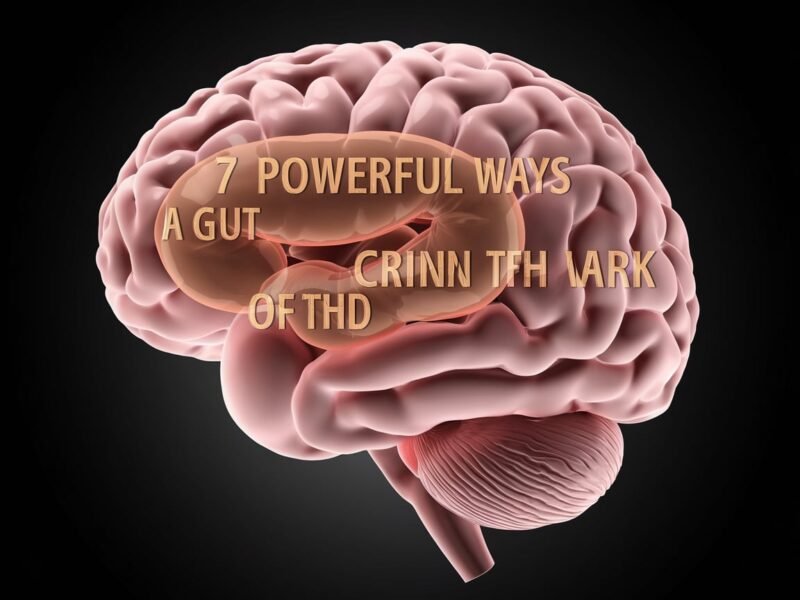Aging is a natural part of life, but how we approach it can significantly influence our overall health and quality of life. Healthy aging is about more than just longevity; it’s about maintaining physical, mental, and emotional well-being as we grow older. This article will explore essential aspects of healthy aging, offering practical tips and insights to help you embrace this journey with vitality.
Table of Contents
- Introduction
- Understanding the Aging Process
- Biological Changes
- Psychological Changes
- Nutrition for Healthy Aging
- Key Nutrients for Seniors
- Meal Planning Tips
- Physical Activity and Aging
- Benefits of Regular Exercise
- Types of Exercises for Older Adults
- Mental Health and Cognitive Function
- Importance of Mental Well-being
- Strategies for Cognitive Health
- Social Connections and Community
- The Role of Relationships in Aging
- Building a Supportive Community
- Preventive Healthcare
- Regular Check-ups and Screenings
- Vaccinations and Their Importance
- Managing Chronic Conditions
- Common Chronic Conditions in Seniors
- Tips for Effective Management
- The Role of Sleep in Healthy Aging
- Understanding Sleep Patterns
- Tips for Better Sleep
- Mindfulness and Stress Reduction
- Benefits of Mindfulness Practices
- Techniques for Stress Management
- Conclusion
- FAQs
1. Introduction

As life expectancy continues to rise, the focus on healthy aging has never been more critical. Healthy aging is about maintaining physical health, mental sharpness, emotional resilience, and an active lifestyle. This article delves into the components of healthy aging and offers practical strategies to enhance your quality of life as you age.
2. Understanding the Aging Process
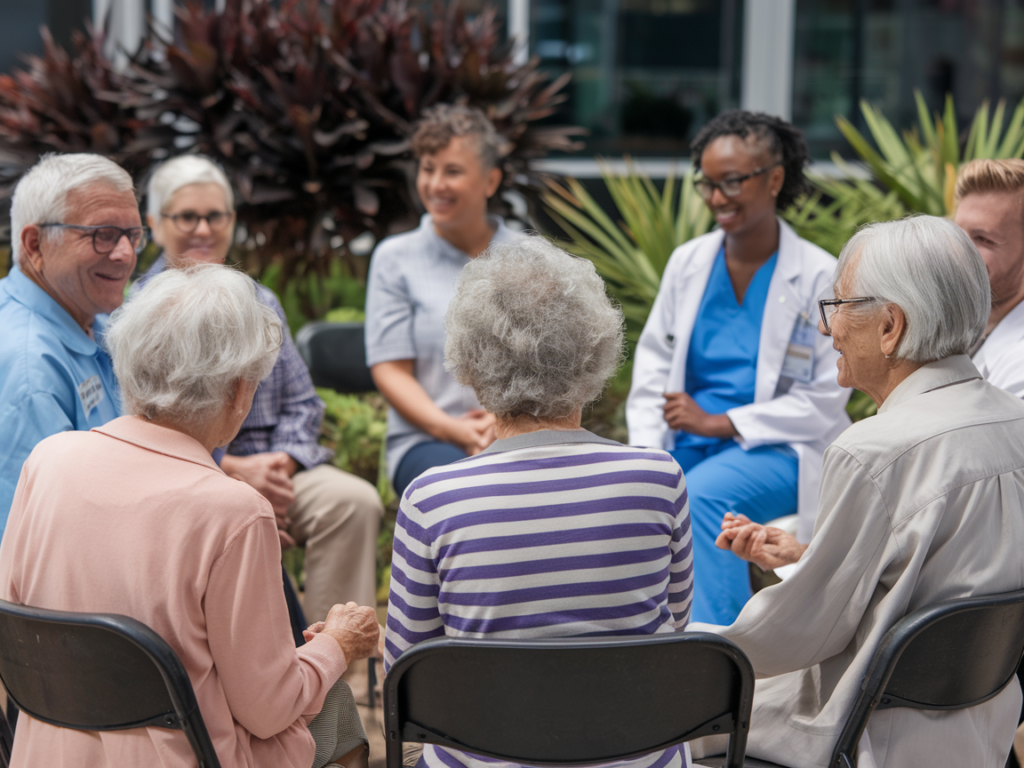
Biological Changes
Aging is characterized by various biological changes in our bodies. These can include:
- Decreased Muscle Mass: As we age, we naturally lose muscle mass, leading to decreased strength.
- Bone Density Loss: Our bones may become less dense and more fragile, increasing the risk of fractures.
- Metabolic Slowdown: Metabolism slows down, which can lead to weight gain if dietary habits remain unchanged.
- Hormonal Changes: Hormonal shifts can affect mood, energy levels, and physical health.
Psychological Changes
Aging can also bring about psychological changes, such as:
- Cognitive Decline: Some cognitive functions may decline, but this varies greatly among individuals.
- Emotional Resilience: Many older adults report increased emotional stability and wisdom, having learned to manage stress and relationships better over time.
3. Nutrition for Healthy Aging

Key Nutrients for Seniors
Nutrition plays a crucial role in healthy aging. Focus on these key nutrients:
- Protein: Helps maintain muscle mass and repair tissues.
- Calcium and Vitamin D: Essential for bone health.
- Fiber: Aids digestion and helps maintain a healthy weight.
- Antioxidants: Found in fruits and vegetables, they combat oxidative stress.
Meal Planning Tips
- Balanced Meals: Aim for a mix of proteins, healthy fats, and carbohydrates.
- Hydration: Drink plenty of water throughout the day.
- Mindful Eating: Pay attention to hunger cues and eat slowly to enhance satisfaction.
4. Physical Activity and Aging

Benefits of Regular Exercise
Regular physical activity can:
- Improve cardiovascular health.
- Enhance mobility and balance.
- Boost mood and reduce anxiety.
- Promote better sleep quality.
Types of Exercises for Older Adults
- Strength Training: Helps build muscle mass and maintain bone density.
- Cardiovascular Exercises: Activities like walking, swimming, or cycling improve heart health.
- Flexibility and Balance Exercises: Yoga and tai chi can enhance balance and flexibility, reducing fall risk.
5. Mental Health and Cognitive Function

Importance of Mental Well-being
Mental health is just as important as physical health. Engaging in activities that stimulate the brain, such as puzzles, reading, or learning new skills, can help maintain cognitive function.
Strategies for Cognitive Health
- Stay Socially Active: Engage with friends and family.
- Continuous Learning: Take classes or pick up new hobbies.
- Limit Stress: Practice relaxation techniques to reduce stress levels.
6. Social Connections and Community
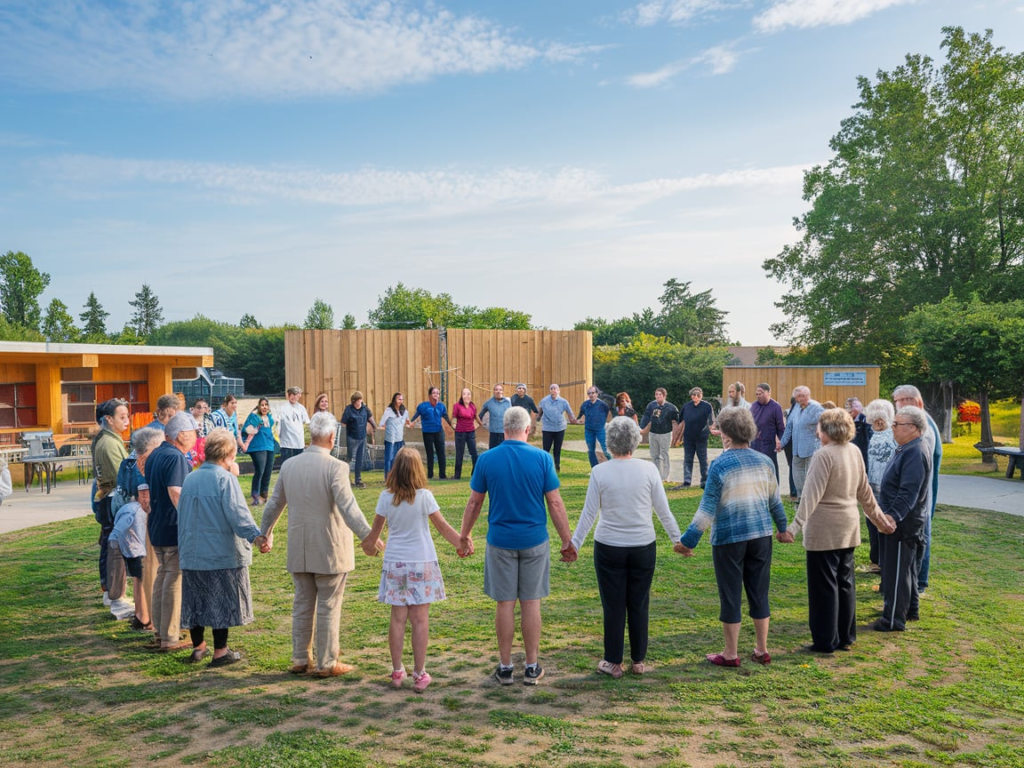
The Role of Relationships in Aging
Strong social connections can enhance your quality of life, reduce feelings of loneliness, and improve mental health.
Building a Supportive Community
- Join Clubs or Groups: Look for local clubs, classes, or volunteer opportunities.
- Stay in Touch: Make an effort to connect regularly with family and friends.
7. Preventive Healthcare
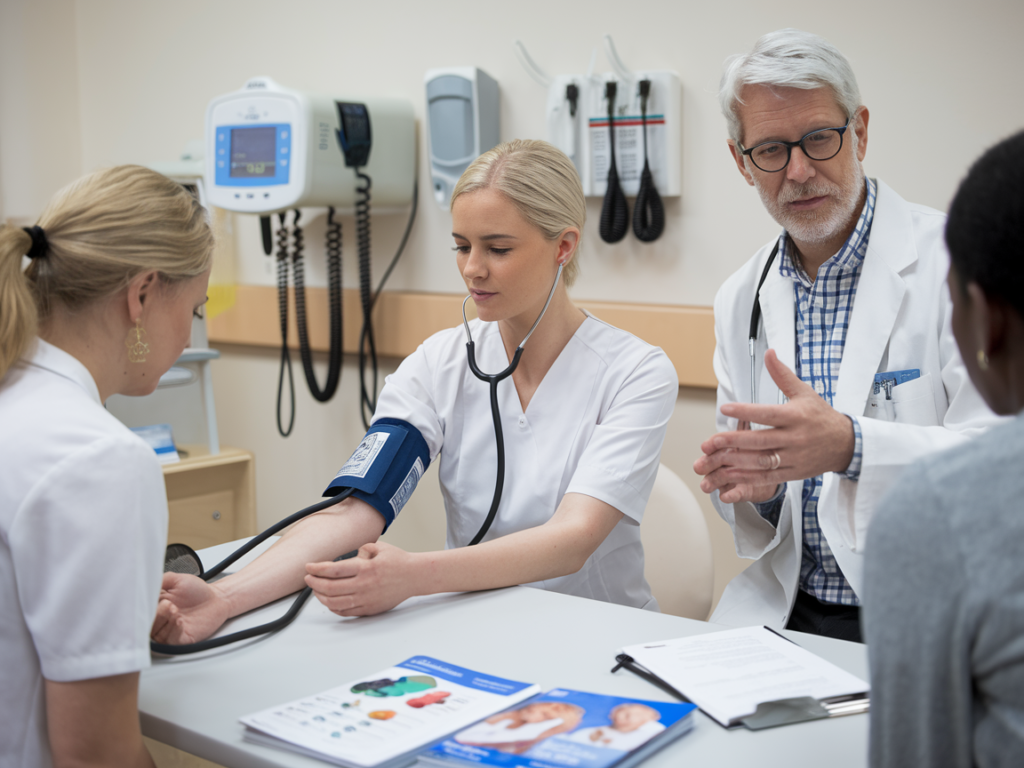
Regular Check-ups and Screenings
Regular health check-ups can help detect potential health issues early. Common screenings include:
- Blood pressure checks
- Cholesterol levels
- Cancer screenings (mammograms, colonoscopies)
Vaccinations and Their Importance
Staying up-to-date with vaccinations, such as the flu vaccine and shingles vaccine, is crucial for preventing illness.
8. Managing Chronic Conditions
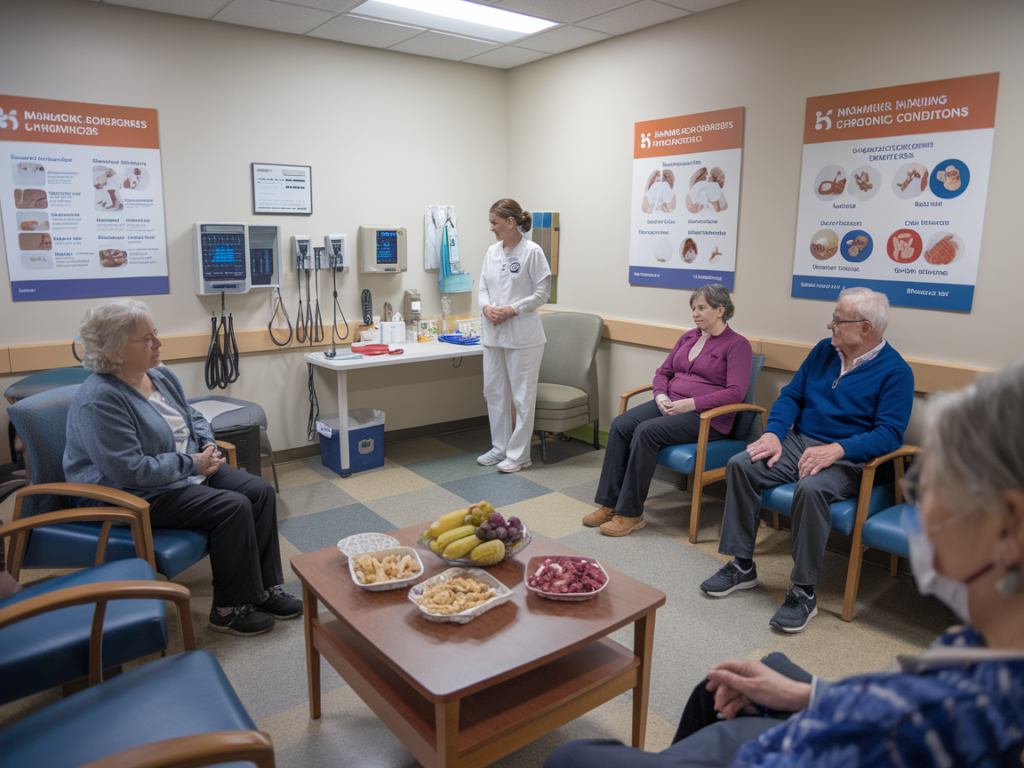
Common Chronic Conditions in Seniors
Chronic conditions like diabetes, heart disease, and arthritis are common in older adults. Effective management is vital for maintaining quality of life.
Tips for Effective Management
- Follow Medical Advice: Stick to prescribed medications and treatments.
- Monitor Symptoms: Keep track of any changes in your condition.
- Stay Informed: Educate yourself about your condition to make informed decisions.
9. The Role of Sleep in Healthy Aging

Understanding Sleep Patterns
Sleep patterns often change with age, leading to lighter sleep and more frequent awakenings. Quality sleep is essential for overall health.
Tips for Better Sleep
- Establish a Sleep Routine: Go to bed and wake up at the same time every day.
- Create a Relaxing Environment: Keep your bedroom dark, quiet, and cool.
- Limit Screen Time Before Bed: Reduce exposure to screens in the evening to improve sleep quality.
10. Mindfulness and Stress Reduction

Benefits of Mindfulness Practices
Mindfulness practices, such as meditation and yoga, can enhance mental clarity and emotional well-being. These practices help reduce stress and improve overall health.
Techniques for Stress Management
- Breathing Exercises: Simple breathing techniques can help calm your mind.
- Journaling: Writing down thoughts and feelings can provide clarity and relieve stress.
- Nature Walks: Spending time outdoors can improve mood and reduce stress.
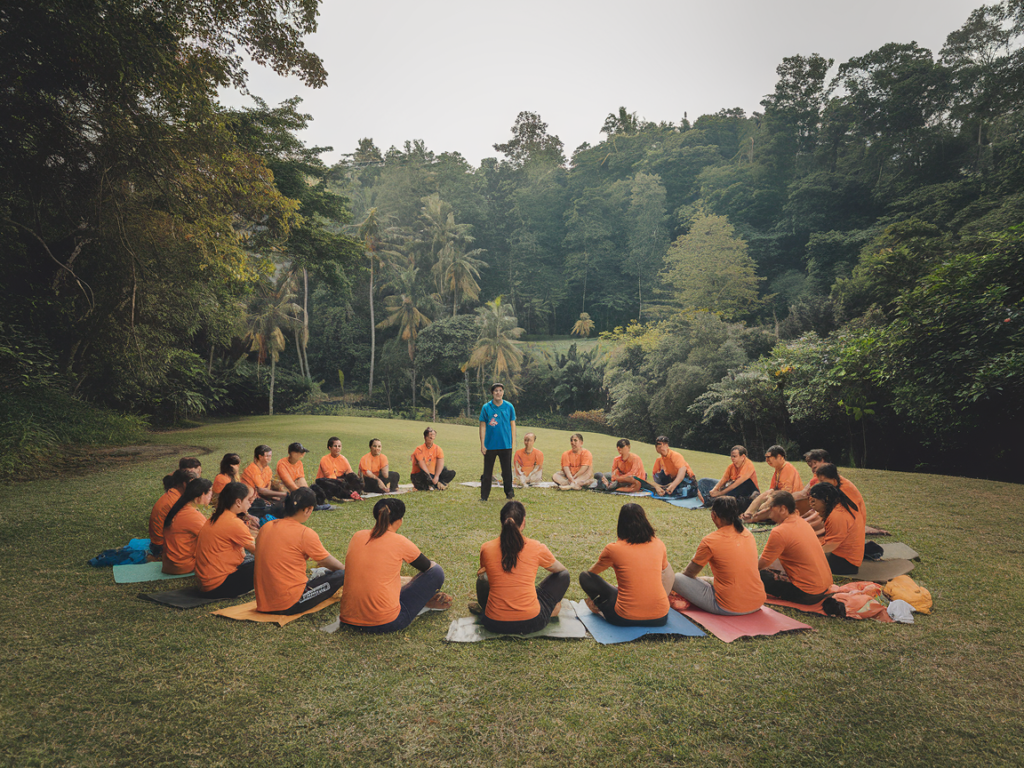
11. Conclusion
Healthy aging is an ongoing journey that requires proactive steps toward maintaining physical health, mental well-being, and strong social connections. By adopting healthy habits in nutrition, exercise, mental health, and social engagement, you can embrace aging with vitality and joy. Remember, it’s never too late to start making positive changes for a healthier future.
12. FAQs
Q1: What is the most important factor in healthy aging?
A1: A combination of balanced nutrition, regular physical activity, mental stimulation, and strong social connections contributes significantly to healthy aging.
Q2: How can I improve my diet as I age?
A2: Focus on nutrient-dense foods, increase your intake of fruits and vegetables, stay hydrated, and consult with a nutritionist if needed.
Q3: Is it too late to start exercising?
A3: No, it’s never too late to start exercising. Even moderate physical activity can provide significant health benefits.
Q4: What are some ways to maintain mental sharpness?
A4: Engage in puzzles, reading, and learning new skills, as well as maintaining social connections and practicing mindfulness.
Q5: How often should I have health check-ups?
A5: Regular check-ups are recommended at least once a year, but specific recommendations may vary based on individual health conditions.
Q6: Can stress affect my aging process?
A6: Yes, chronic stress can negatively impact physical and mental health, so finding effective stress management techniques is essential.


